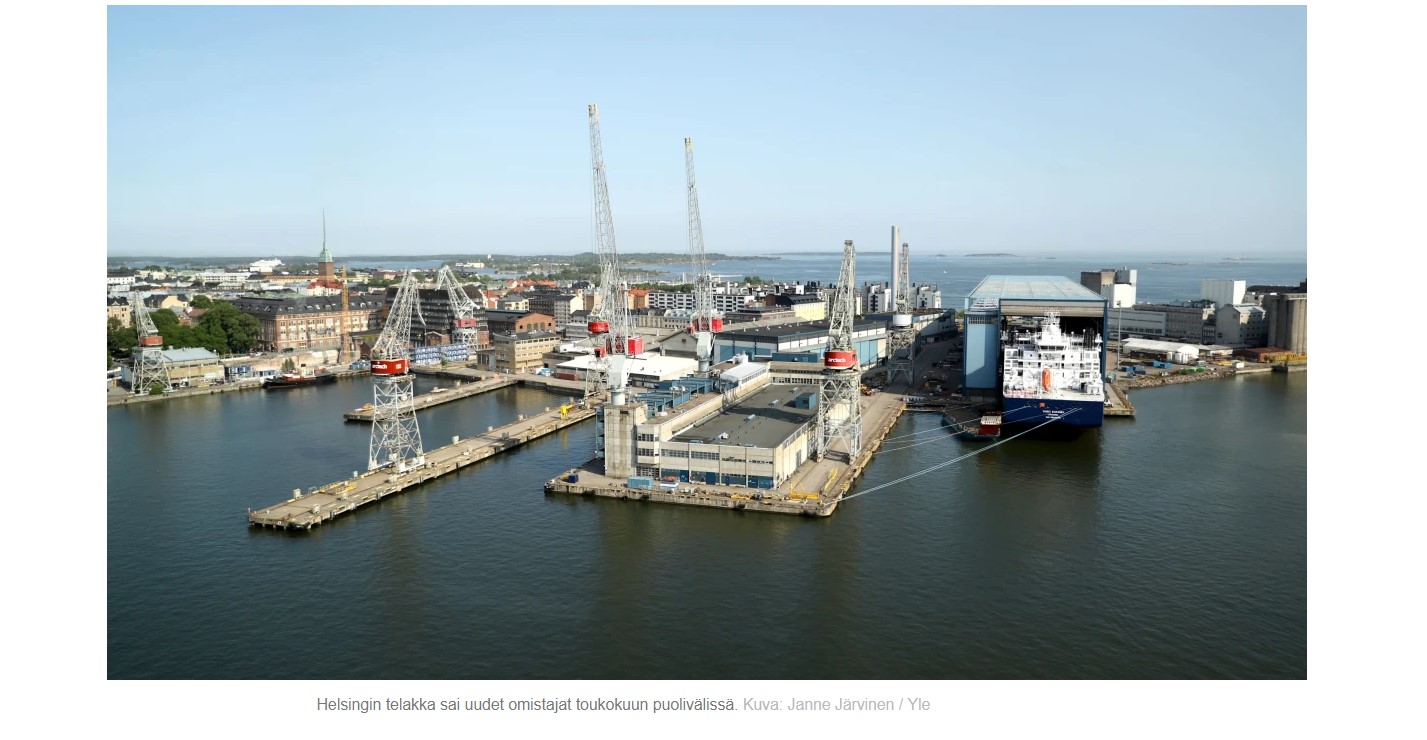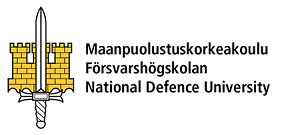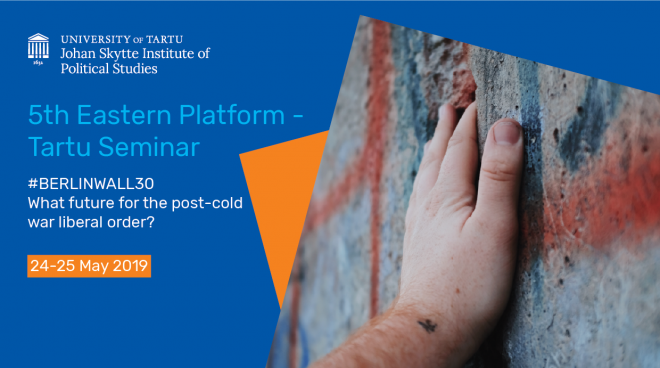Today from 14:15 to 15:45 Dr. Ellie Martus will present her work at the Aleksanteri Institute Visiting Fellows Research Seminar in the Aleksanteri Institute 2nd floor meeting room, Unioninkatu 33, Helsinki). The event is chaired by Professor Veli-Pekka Tynkkynen. The seminar is titled “Building Green States? Environmental Capacity in the Former Soviet Union” and will be of interest to researchers of Environmental and Post-Soviet studies.
Since the collapse of the Soviet Union, all newly independent states have had to address a legacy of serious environmental degradation and undertake significant reforms, including designing and building new environmental institutions, or re-building existing ones. This research examines the concept of a state’s environmental capacity in the context of the former Soviet Union and the ability of states in the region to design, implement, and enforce effective environmental policy. Drawing on a series of interviews with NGOs, policymakers, experts, and industry representatives from across the region, and analysis of a range of original policy materials, my research focuses on four case studies: Russia, Ukraine, Georgia, and Armenia. It investigates the obstacles that undermine a state’s ability to protect its environment and evaluates the opportunities for reform. More broadly, this research seeks to identify the variation and synergies that exist in environmental capacity across the post-Soviet space.






